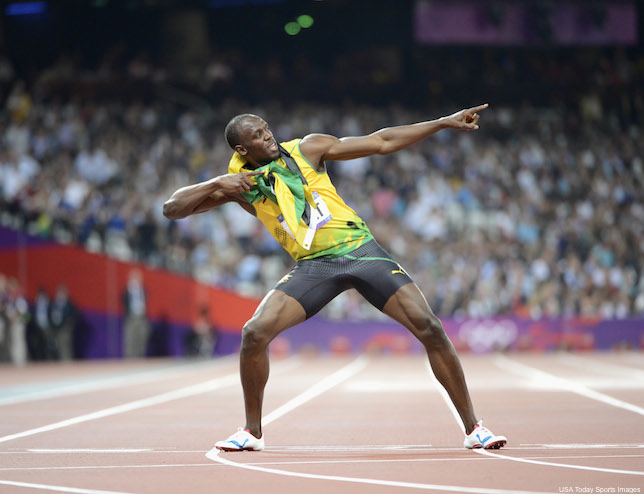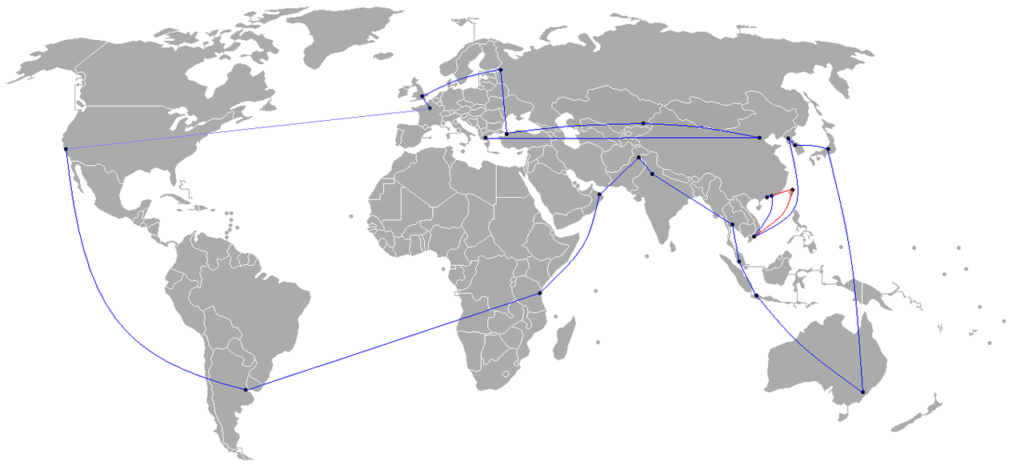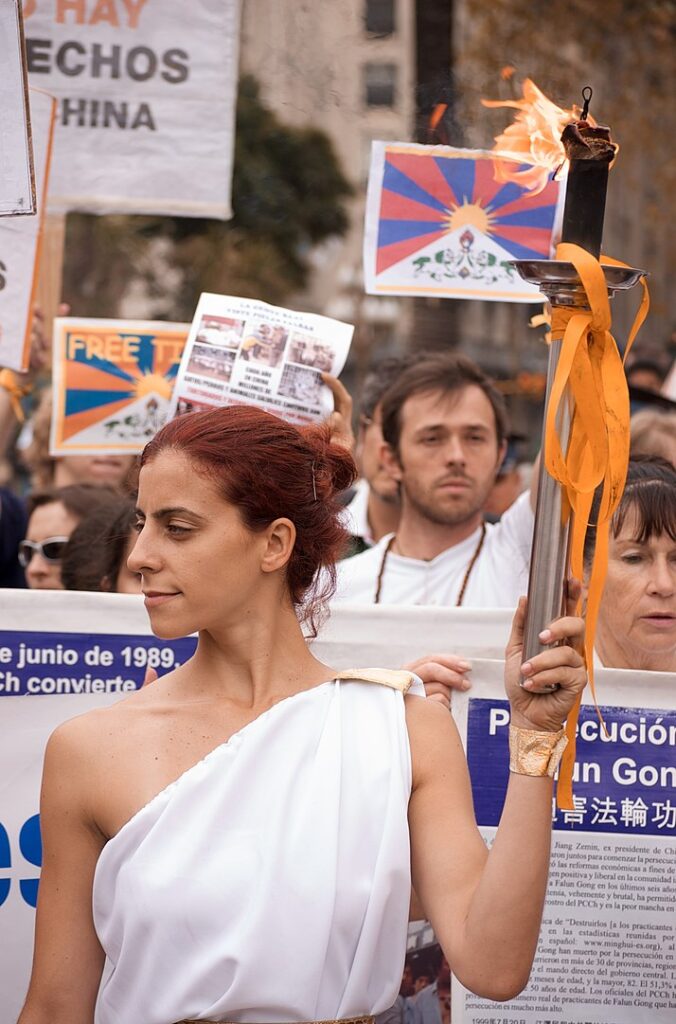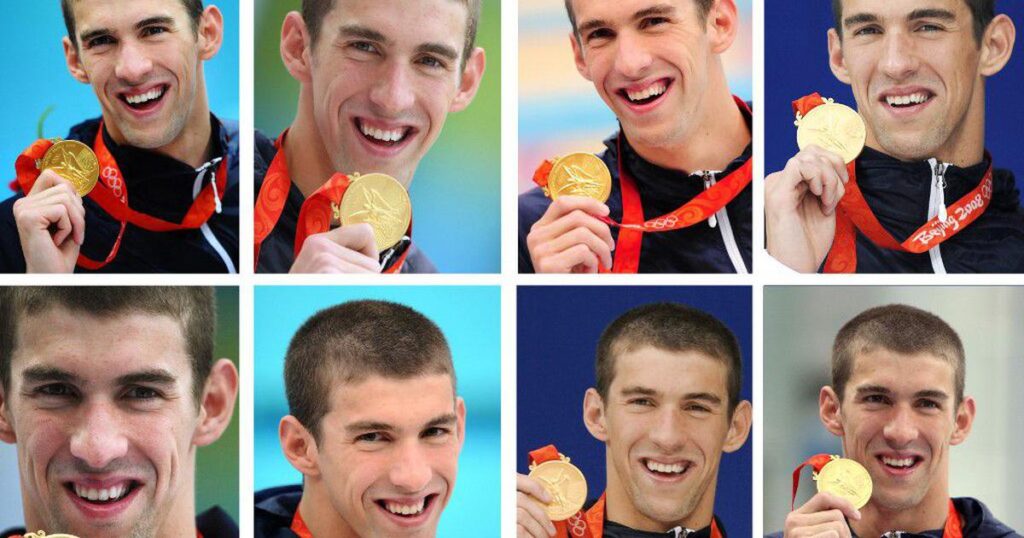Before the Games.
It’s not unusual for non-athletic controversies to bubble up around any Olympic Games and the 2008 Games in Beijing were no different in this regard. I’ll touch on one of them – the torch relay.
Twenty years had passed since the last Summer Olympics in east Asia – the 1988 Games in Seoul and with the only other Summer Games having been held in Tokyo in 1964, this was only the third time the Summer Games would be held in that part of the world. Like any responsible government, the Chinese Communist Party (CCP) planned to maximize the promotional propaganda opportunity presented to the host country.
That began with the torch relay. After a week long journey from Olympia to Athens, the torch arrived in Beijing on 31 March 2008. Nearly 22,000 torchbearers from around the world would participate in the so-called “Journey of Harmony” that took the torch onto every continent but Antarctica. The 137,000 kilometer (85,125 mile) trek was the longest in the history of the torch relay – a tradition that began with the 1936 Berlin Games.
[Map from Wikimedia Commons BY aileenf1 Own work, CC BY 2.5.]
Protests and demonstrations by pro-Tibet supporters followed the relay throughout its journey. The protests were so persistent and sometimes disruptive that the IOC subsequently barred future Olympics organizers from staging international torch relays. The CCP treatment of Falun Gong was also a subject of protests such as the one in the photo below taken in Buenos Aires.
[Photo from Wikimedia Commons BY Beatric Murch from Buenos Aires, Argentina – Dignified Allegory, CC BY 2.0.]
When making its bid for the Games China promised that the torch would reach the peak of Mount Everest and once the torch returned to China, they did just that. In April, the Chinese government completed a 107 km (67 mile) blacktop highway that began in Tibet’s Xigazê prefecture. Environmentalists protested that the construction would damage the permafrost while the politically inclined viewed the route as an attempt by China to consolidate its claim on Tibet.
Chinese authorities enforced a media blackout (excluding an official media team) on the north (Tibetan) side of Everest. The Nepalese government which controlled the south side also complied with China’s communication and protest restrictions. In addition to limiting access, they confiscated satellite phones and recording devices, and forcibly evacuated journalists and one climber, William Brant Holland, from Everest base camp. Holland was brazen enough to have displayed a “Free Tibet” banner in his ascent.
Still, a supplementary torch designed by a Chinese aerospace company to stay lit in severe winds at high elevation with little oxygen reached the summit on 8 May at 09:18 as documented on CCTV. The main Olympic torch was in Guangdong Province.
Let the Games begin.
At least 10,500 athletes competed in the 2008 Games. (The number varies from 10,500 to something vaguely more than 11,000 depending on the source.) Perhaps more remarkable was that only one of the 205 officially recognized National Olympic Committees – Brunei – did not send any competitors. This was not done in protest but because its NOC failed to register its two qualified athletes. The Marshall Islands, Montenegro and Tuvalu sent athletes for the first time while the Republic of China (aka Taiwan) competed as Chinese Taipei.
An unprecedented 87 countries won at least one medal during the 2008 Games including several countries that saw them earn their first gold or first Olympic medals of any kind. Among them were:
Abhinav Bindra who won India’s first individual gold medal as champion in the men’s 10-metre air rifle event;
Tuvshinbayar Naidan of Mongolia whose gold medal in the men’s 100-kg judo was the first in his nation’s 40 years of competing;
Benjamin Boukpeti placed third in the men’s single kayak slalom event. His bronze medal was the first Olympic medal in Togo’s history;
Rohullah Nikpai, one of just four Afghanistan team members competing at Beijing 2008, won his country’s first ever Olympic medal – a bronze medal in taekwondo.
The 2008 Olympics was the first time the world saw this:

Aug 9, 2012; London, United Kingdom; Usain Bolt (JAM) celebrates after winning the gold in the men’s 200m final during the London 2012 Olympic Games at Olympic Stadium. Mandatory Credit: Robert Deutsch-USA TODAY Sports.
Bolt not only set a world record of 9.69 seconds (one he would break exactly one year later to the day) but four days later Bolt completed the sweep of the sprint races by not merely winning the 200 meter sprint but shattering Michael Johnson’s 12 year old world and Olympic record in the process.
On the distaff side, Bolt’s Jamaican countrywomen were even more dominant. Gold medalist Shelly-Ann Fraser led a Jamaican sweep in the 100 meter event while Veronica Campbell-Brown raced to the 200 meter gold. Somewhat surprisingly, however, neither the Jamaican men nor women reached the podium in the 4 x 100 meter relay.
Kerri Walsh Jennings and Misty May Treanor won all seven of their matches in the Beach Volleyball Tournament capturing their third consecutive gold medal and extending their overall win streak to 119 consecutive matches.
In Women’s Artistic Gymnastics, Nastia Lukin edged her teammate and roommate Shawn Johnson to snag the all-around gold medal. Johnson edged Lukin in the beam event.
After losing to the Americans 4-1 in the semifinal, the Japanese softball team shocked the United States team with a 3-1 upset to win the gold medal. It was the U S National team’s first loss in eight years.
South Korea defeated Cuba 3–2 to win the baseball gold medal.
The American women’s soccer team scored a goal in extra time to win the gold medal match over Brazil, 1–0.
And finally, there was this guy:
[Photo from Scroll – Reuters compilation photos.]
Michael Phelps swam 17 races over nine days competing in four different strokes and distances from 100 meters to 400 meters. He won eight gold medals and set seven world records in the process. Phelps chances to break Mark Spitz’s record of seven gold medals set 40 years earlier in Mexico City were twice in danger.
Phelps’ second medal of the games came in the 4 x 100 freestyle relay but it required a remarkable final leg by teammate Jason Lezak. The Americans trailed the team from France by .59 second when Lezak hit the water and that gap grew to .82 second when he made the turn at 50 meters. Somehow, Lezak was able to push past the team from France on the last stroke.
Phelps had six gold medals in hand when he entered the pool for the 100 meter butterfly final but when he made the turn in seventh place after 50 meters, his chances for a seventh looked all but dead in the water. Somehow he managed to push through his exhaustion and edge Serbia’s Milorad Cavic by .01 second.
Phelps’ eighth gold medal in the 4 x 100 medley relay was all but assured. Here’s a five minute highlight video of all eight of his triumphs:
(Note: Although in 2022 Beijing hosted the Winter Olympic Games becoming the first city to host both a Summer and Winter Games, because those games occurred after I completed writing this series {even if it was before publication} I won’t have a chapter for that event.)


